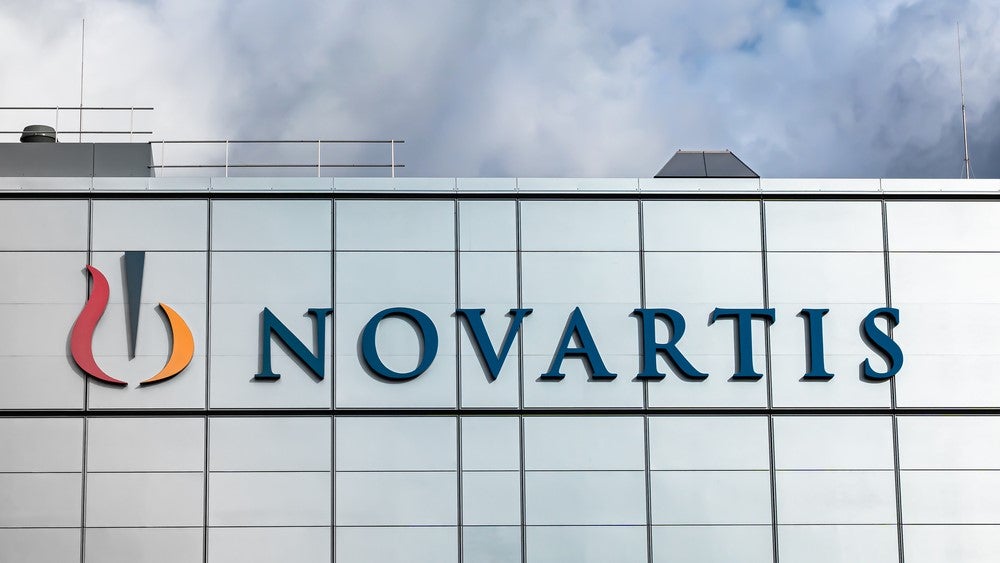
Novartis’ Kisqali (ribociclib) has demonstrated a 25.1% reduction in the risk of disease recurrence in patients enrolled in the Phase III NATALEE trial.
The patient population under effect include adults with stage II and III hormone receptor-positive/human epidermal growth factor receptor 2-negative (HR+/HER2-) early breast cancer (EBC) treated with adjuvant Kisqali along a non-steroidal aromatase inhibitor as standard endocrine therapy (ET) compared to ET alone. The data was presented at the 2023 San Antonio Breast Cancer Symposium (SABCS) Annual Meeting on 8 December.

Discover B2B Marketing That Performs
Combine business intelligence and editorial excellence to reach engaged professionals across 36 leading media platforms.
Kisqali is a cyclin-dependent kinase (CDK) 4 and 6 inhibitor. In 2017, it was approved by the US Food and Drug Administration (FDA) as a combination therapy with aromatase inhibitor as the first-line treatment of advanced or metastatic breast cancer.
Kisqali is one of the top ten high-grossing products for Novartis, it generated $1.47bn in net sales in the first nine months of FY 2023, as per the company’s Q3 financials. The drug is forecasted to generate $6.5bn in global sales in 2029, as per GlobalData analysis.
GlobalData is the parent company of Pharmaceutical Technology.
Novartis plans to submit the application seeking approval for Kisqali as a treatment of early breast cancer with the FDA by the end of 2023. The company has submitted the same to the European Medicines Agency (EMA), as per an 8 December press release.

US Tariffs are shifting - will you react or anticipate?
Don’t let policy changes catch you off guard. Stay proactive with real-time data and expert analysis.
By GlobalDataThe open-label NATALEE trial (NCT03701334) met its primary endpoint by demonstrating improved invasive disease-free survival (iDFS) with the combination therapy of Kisqali and ET, compared to ET monotherapy.
Kisqali showed a 25.1% reduction in distant disease-free survival (DDFS) and a 27.3% reduction in recurrence-free survival (RFS). The overall survival was 3.3% and 3.4% in the Kisqali arm and ET monotherapy arm, respectively.
The commonly observed Grade 3 or 4 adverse events (AEs) included neutropenia, liver-related AEs, and QT interval prolongation.
Another drug in Novartis’ clinical development pipeline is remibrutinib for treating chronic spontaneous urticaria (CSU) whose symptoms are inadequately controlled by H1-antihistamines. The drug met its primary and secondary endpoints at 12 weeks in Phase III REMIX-1 and REMIX-2 trials (NCT05030311 and NCT05032157).




